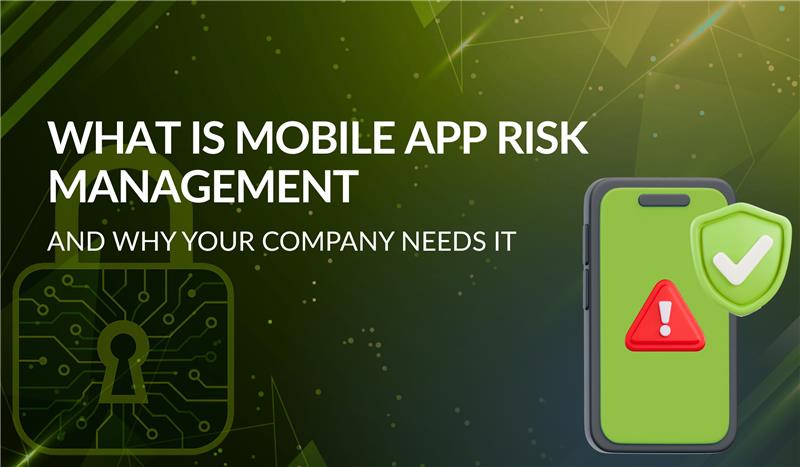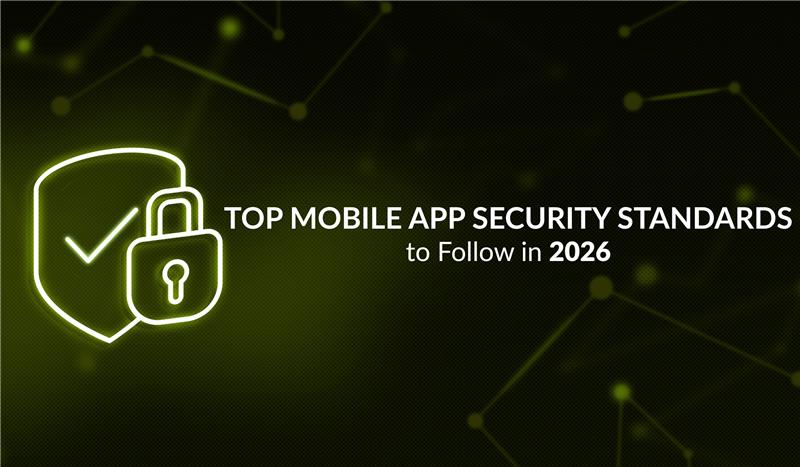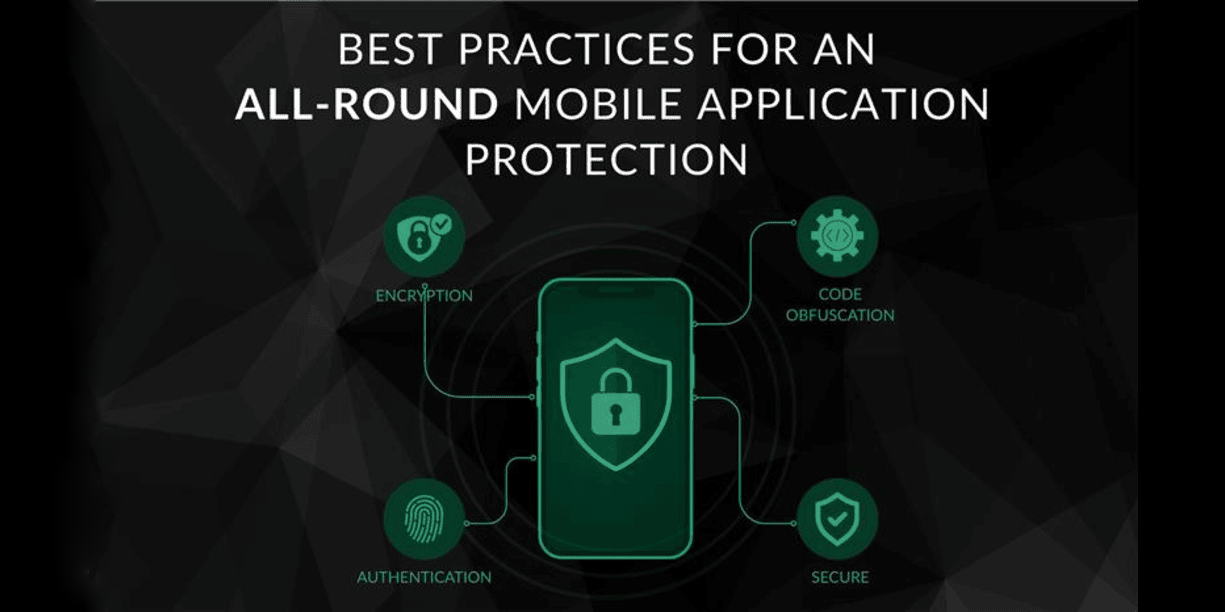With news breaking in mid-December about internet giant Yahoo falling victim to another hack, it makes sense for big companies to resolve to get even tougher on cyber-security in 2017.
The massive data breach affected up to one billion accounts, with Yahoo saying that users’ names, email addresses, phone numbers, birthdays and security questions and answers may have been compromised. Cyber security expert Bill Caelli told the ABC, “We have a society so utterly and totally dependent [on technology]”, warning that the Yahoo hack is just a forerunner of what may become worse in 2017.
The impact of Yahoo’s already not-so-golden reputation of this latest attack is worrying for both consumers and those behind the scenes. Even if you’re not a Yahoo account holder, Emeritus Professor Calli’s warning for the next twelve months is nothing if not scary.
Cybersecurity and risk management expert Bob Carver recently wrote that that will be issues with the Internet of Things in the coming year, saying that “the majority of users don’t know how to secure IoT and vendors/resellers may not be under any legal threat to take any action to better their products”. He also pointed out that in 2017 security upgrades will be on the agenda for smart companies and the cyber-insurers will be less likely to issue a one-size-fits-all policy for this important area of concern.
Some trends that Mr Carver predicted we can expect as consumers and operators of the finance and banking industry include:
● The further exploitation of ATMs, with a breach of one making it possible to ‘take out’ a whole network of machines
● The compromise of mobile banking apps, with criminals taking over accounts
● Exploitation and blackmailing of tax evaders by hackers who have accessed their banking data
● Malicious manipulation of ledgers and databases
These aren’t making it sound like a very happy new year!
Mobile technology also makes Bob Carver’s list of cybersecurity predictions in 2017, and not in a good way. Carver describes mobile as “one of the most vulnerable platforms” and is hoping that security will be better embedded by design before hackers are able to access personal information.
With the coming rise of mobile payment systems such as Apple and Android Pay, Managing Director of the Mobile Marketing Association for Asia Pacific Rohit Dadwal points out that consumers will be confronted with issues like unauthorised access to mobile wallets and data theft in support of fraudulent transactions.
Mr Dadwal recently put a call out to CMOs and mobile marketers, saying that as brands embrace new modes of payment, they ought to first ensure that there are necessary systemic safeguards in place, with close and active monitoring to detect malware and other threats.
Mr Carver writes that he hopes 2017 is the year when everyone comes to terms with the fact that there is no such thing as a ‘set and forget’ security program. What’s required, in his opinion, is a dynamic strategy that evolves to keep one step ahead of hackers and cybercriminals.
This is added to his wish from the beginning of 2016 that mobile app stores require higher levels of security certification, limiting apps from being able to access parts of your phone that are not necessary for the application to function.
As pointed out by Mr Dadwal, “if CMOs and markets want to ride on the wave of mobile commerce growth while protecting brand reputation, they should own the challenge and work closely with engineers and developers to drive a more reliable, seamless consumer experience on mobile. Brands also have a chance to win consumers’ trust and loyalty by ensuring that they are aware, educated and engaged about relevant security issues.”
At Quixxi, we see it as is encouraging to see that marketers are being brought on board to share the concern about cybersecurity, as it is the responsibility of the entire company, not solely the tech team. Our hope for 2017 is that fewer consumers are the victims of hacking and that companies are able to plan ahead in order to maintain their good reputation.






